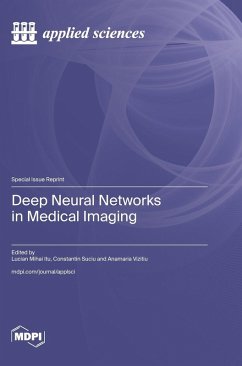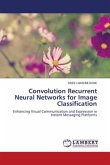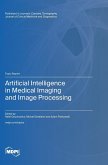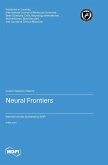Medical Imaging plays a key role in disease management, starting from baseline risk assessment, diagnosis, staging, therapy planning, therapy delivery, and follow-up. Each type of disease has led to the development of more advanced imaging methods and modalities to help clinicians address the specific challenges in analyzing the underlying disease mechanisms. Researchers have been actively pursuing the development of advanced image analysis algorithms. These developments were driven by the need for a comprehensive quantification of structure and function across several imaging modalities such as Computed Tomography (CT), X-ray Radiography, Magnetic Resonance Imaging (MRI), Ultrasound, Nuclear Medicine Imaging, and Digital Pathology. Currently, deep learning has become the state-of-the-art machine learning technique, providing unprecedented performance for learning patterns in medical images and great promise for helping physicians during clinical decision-making processes. The aim of this work is to present and highlight novel methods, architectures, techniques, and applications of deep learning in medical imaging related to, but not limited to, the following topics: image reconstruction; image enhancement; segmentation; registration; computer-aided detection; image or view recognition; multi-task learning; transfer learning; generative learning; self-supervised learning; semi-supervised learning; weakly supervised learning; unsupervised learning; privacy preserving learning; explainability and interpretability; and robustness and out-of-distribution detection.
Hinweis: Dieser Artikel kann nur an eine deutsche Lieferadresse ausgeliefert werden.
Hinweis: Dieser Artikel kann nur an eine deutsche Lieferadresse ausgeliefert werden.








